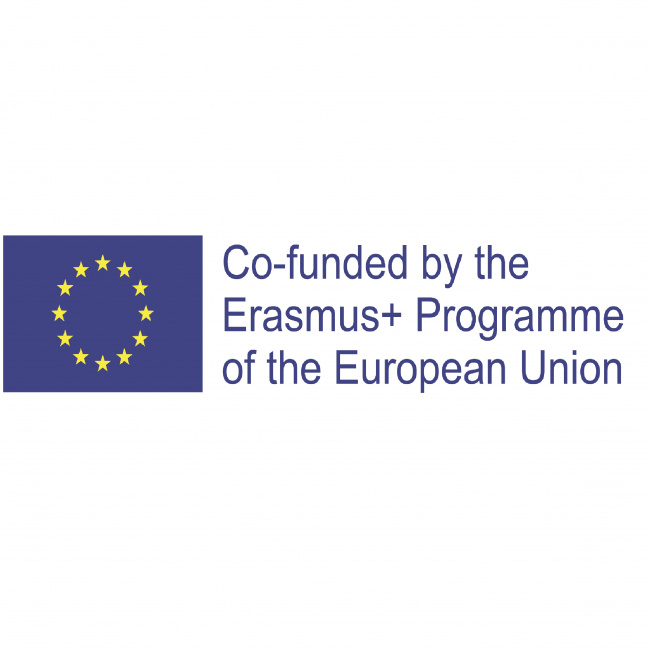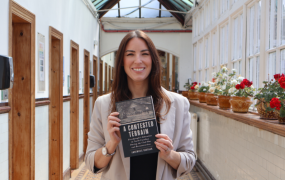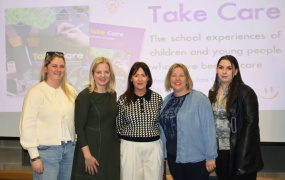WIN-DOP - Understanding and promoting Whistleblowing on Doping irregularities in the EU
About
WIN-DOP is a 30 months project (January 2020-June 2022) that aimed to understand more about whistle-blowing and doping, such as: (a) the extent to which European National Anti-Doping Organisations (NADOs) engage in good practices on whistle-blowing and (b) the factors that influence whistle-blowing behaviours.
Doping undermines the key principles of sport: open and fair competition. Furthermore, doping can cause serious physical and mental health problems to the EU citizens that dope. Although only between 1-2% of athletes fail doping tests each year, some studies reveal that over 50% of athletes admit to doping. Therefore, other approaches are required to detect doping offenses. One method is to encourage fellow athletes, coaches, or sporting personnel to blow the whistle on doping. Indeed, whistle-blowing has the potential to result in the detection, investigation, and even prosecution of anti-doping rule violations, which may have otherwise gone undetected.
With this context in mind, WIN-DOP aimed to understand more about whistle-blowing and doping. More specifically…
Main Activities
- A review of European NADOs Good Practices on Whistle-blowing
- Systematic Review of the Organisational and Personal Factors that Influence Whistle-blowing
- Quantitative Analyses of the Organisational and Personal Factors that Predict Intentions to Blow the Whistle on Doping Offences
- Qualitative Analyses of the Factors Associated with Whistle-blowing
- Development of Pedagogical Materials to Raise Awareness of Doping and Promote Whistle-blowing
- Development of Policy Document on Whistle-blowing
- Monitoring and Evaluation of the WIN-DOP project
- Communication and Dissemination
For more information concerning the implementation of the activities, please visit the WIN-DOP project website.

The European Commission's support for the implementation of this project does not constitute an endorsement of the contents, which reflect the views only of the authors, and the Commission cannot be held responsible for any use which may be made of the information contained therein.
Partners
- University of Hull, United Kingdom (Co-ordinator)
- Agencia Española de Protección de la Salud en el Deporte, Spain
- Agenția Națională Anti-Doping, Romania
- Anti-doping Agency of Serbia, Serbia
- Aristotle University of Thessaloniki, Greece
- Astiki Mi Kerdoskopiki Etairia Athlitikis Diafaneias Kai Prostasias Tis Akeraiotitas Tou Ellinikou Athlitismou, Greece
- Mary Immaculate College, Ireland
- International Council of Sport Science and Physical Education, Germany
- Universitatea Națională de Educație Fizică și Sport Bucuresti, Romania
- About
- Partners







